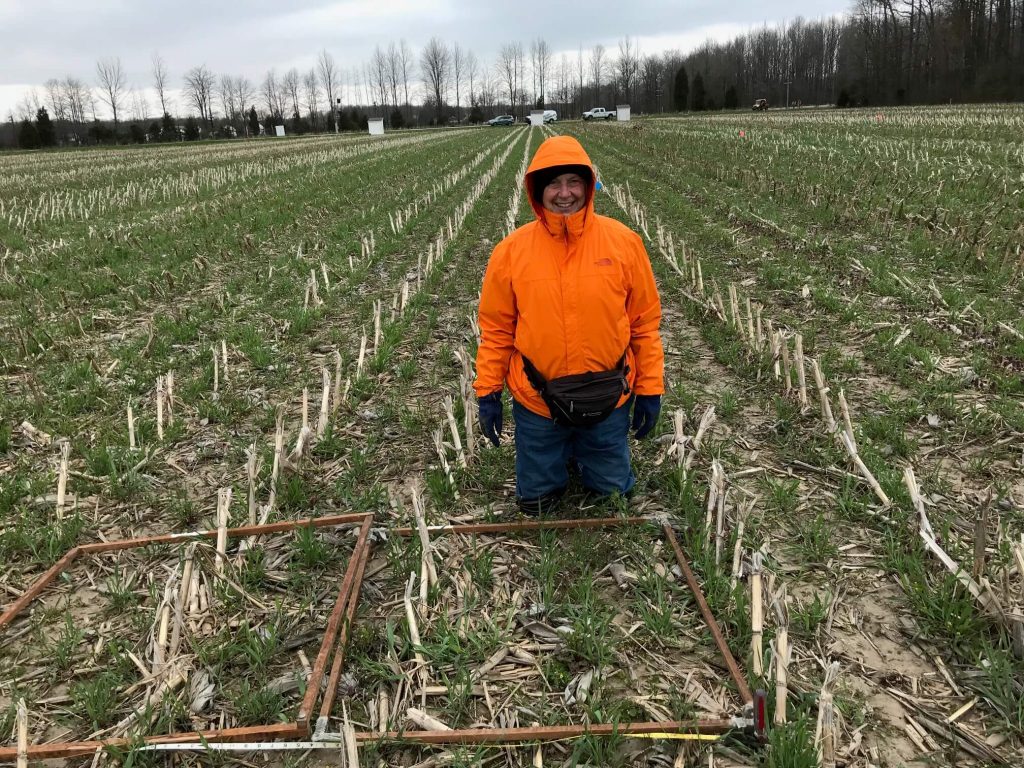
News
Drainage Management Systems
Purdue Agronomy professor reflects on 35-year drainage research project
July 14, 2020 By Abby Leads/Purdue University
 Eileen Kladivko performed a 35-year research project at SEPAC on field tile drainage. Photo courtesy of Purdue University.
Eileen Kladivko performed a 35-year research project at SEPAC on field tile drainage. Photo courtesy of Purdue University. “I was the new kid on the block when this project started in 1982,” said Eileen Kladivko, professor of agronomy at Purdue University. “I knew almost nothing about drainage, but that quickly changed.”
Kladivko began her career at Purdue University as an assistant professor of agronomy. Little did she realize that for the next 35 years, she would work on a water drainage project that she initially learned about during her interview.
In the 1970s, farmers began installing modern plastic tiles in fields to assist with water flow and drainage. Farmers in southern Indiana requested a tile drainage study to see if the new plastic tile would work on their poorly drained, highly erosive silt loam soil. Around the same time, the Southeast Purdue Agricultural Center (SEPAC) was established in Jennings County, IN.
The study’s key takeaways show that installation of tile drainage is a good long-term investment in the field. Drainage improves timeliness of fieldwork by 1 to 15 days, corn yields, cover crop growth and it enables other conservation practices to work better.
The study’s key takeaways show that installation of tile drainage is a good long-term investment in the field. Drainage improves timeliness of fieldwork by 1 to 15 days, corn yields, cover crop growth and it enables other conservation practices to work better.
Like all field research projects, Kladivko and her team came across many obstacles. Automatic equipment broke down, got knocked out by lightning and chewed up from rodents and deer. The team had to be persistent in finding new methods to mark buried tile drains, a job that is now easier with GPS technology.
“I applaud Purdue for initially supporting this program and keeping it funded for so long. I also applaud the Purdue Agriculture Centers for maintaining these long-term studies at basic levels,” Kladivko said. “Long-term studies are very valuable because of the large amount of data that is collected and the incredible knowledge we can gain from that data.”
A longer version of this article first appeared on Purdue University’s news page, read the full article here.
Print this page